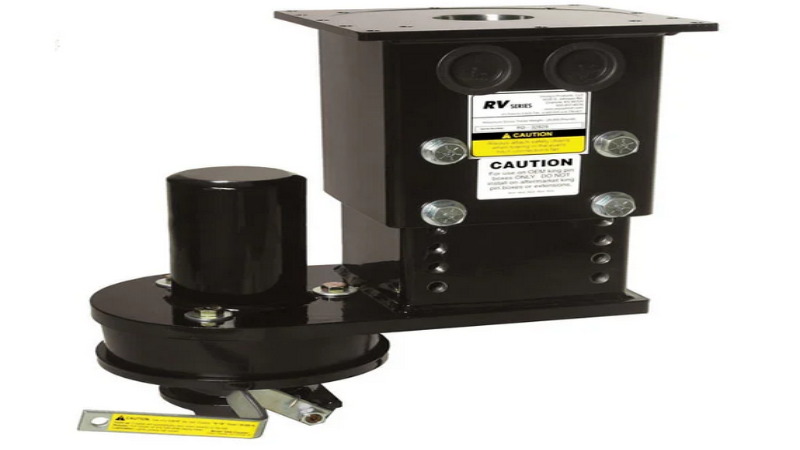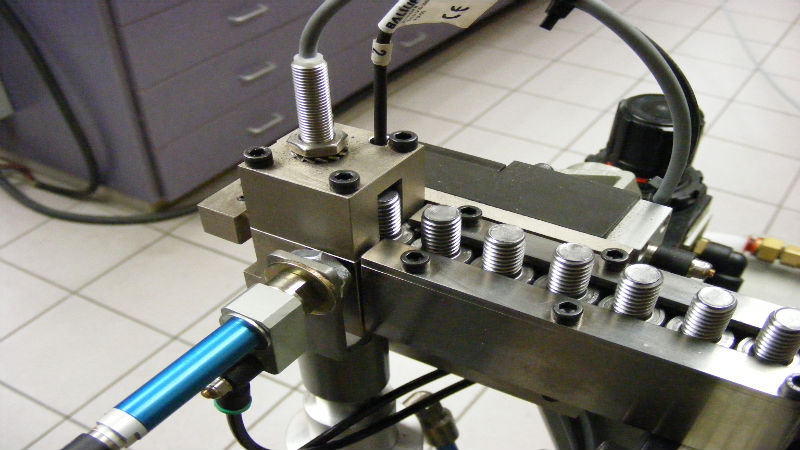When planning a road trip with your recreational vehicle (RV), ensuring you have the right RV towing hitches is crucial for a safe and smooth journey. This guide will help you navigate through the options and find the best hitch for your travel needs.
Understanding the Types of RV Towing Hitches
RV towing hitches come in various styles, each designed for specific types of travel and load requirements. Here are the most common types:
• Weight Distribution Hitch: : Ideal for larger trailers, this hitch evenly distributes the trailer’s weight across the towing vehicle and trailer’s axles. It helps improve stability and control.
• Fifth Wheel Hitch: : Best suited for heavy-duty towing, fifth wheel hitches are mounted in the bed of a pickup truck, offering enhanced stability and a smoother ride for large RVs.
• Gooseneck Hitch: : Similar to the fifth wheel, but uses a ball and coupler instead of a pin and plate. It’s more commonly used for industrial or agricultural trailers.
• Bumper Hitch: : Attached directly to the vehicle’s bumper, this type is suitable for lighter loads. It’s important to ensure your bumper can handle the weight.
• Receiver Hitch: : Mounted directly to the frame of your vehicle, it can accommodate various hitch types and is quite versatile.
Key Features to Consider
Selecting the right hitch involves more than just knowing the type. Consider these features to ensure compatibility and safety:
• Towing Capacity: : Check the maximum weight your hitch can handle and ensure it matches or exceeds what you plan to tow.
• Sway Control: : Particularly important for large trailers, sway control can prevent your trailer from veering side to side.
• Ease of Use: : Consider how easy it is to connect and disconnect the hitch, as well as the effort required to maintain it.
• Compatibility: : Ensure the hitch fits your vehicle’s make and model, and is suitable for the trailer’s height and weight.
Installation and Maintenance
Proper installation and regular maintenance are key to the performance of RV towing hitches. It’s often best to have a professional install the hitch to ensure it’s done correctly. Regular checks for signs of wear and tear, lubrication of moving parts, and tightening of bolts are all essential for safety.
Safety Tips
• Always double-check connections before starting your journey.
• Ensure your vehicle’s brakes are capable of handling the additional load.
• Follow the manufacturer’s guidelines for weight limits and distribution.
• Use safety chains as a backup measure in case the hitch fails.
Conclusion
Choosing the right RV towing hitch is essential for both safety and comfort during your travels. By understanding the different types of hitches, considering key features, and ensuring proper installation and maintenance, you can enjoy a worry-free adventure on the open road. Remember, investing in a high-quality hitch can lead to smoother, safer travels with your RV. Safe travels!









